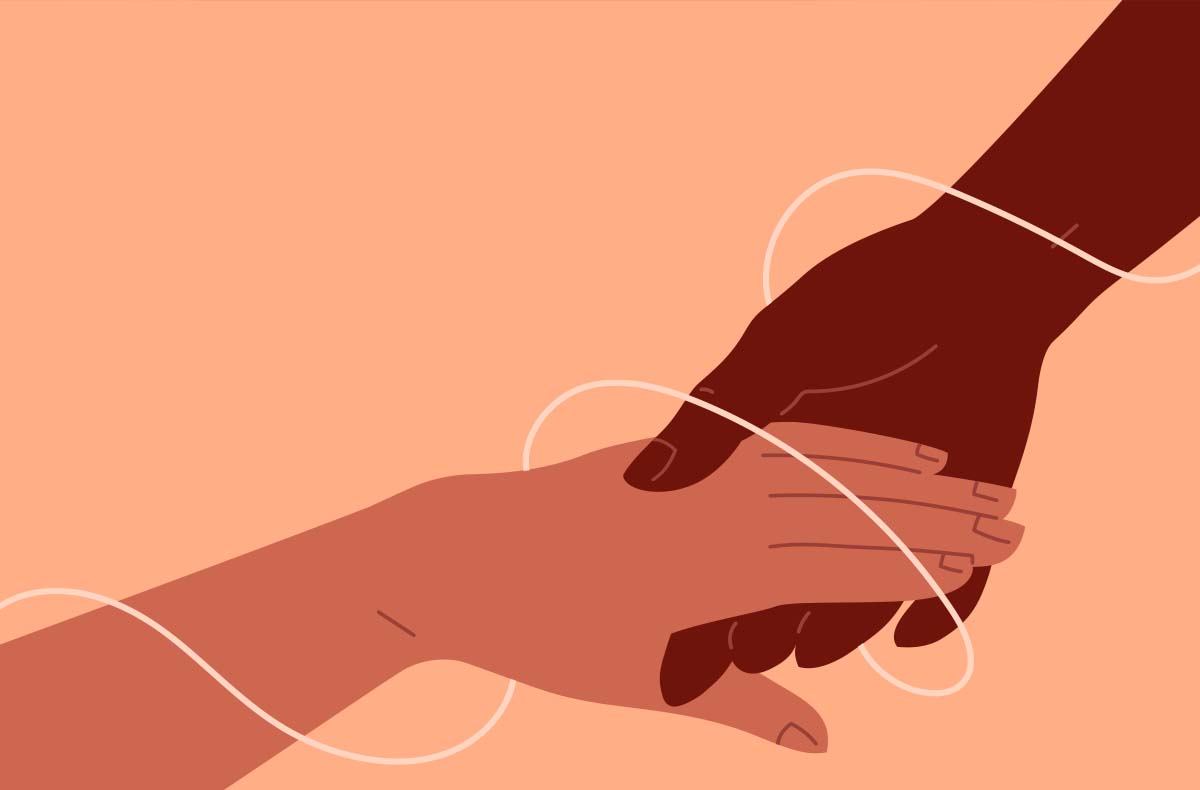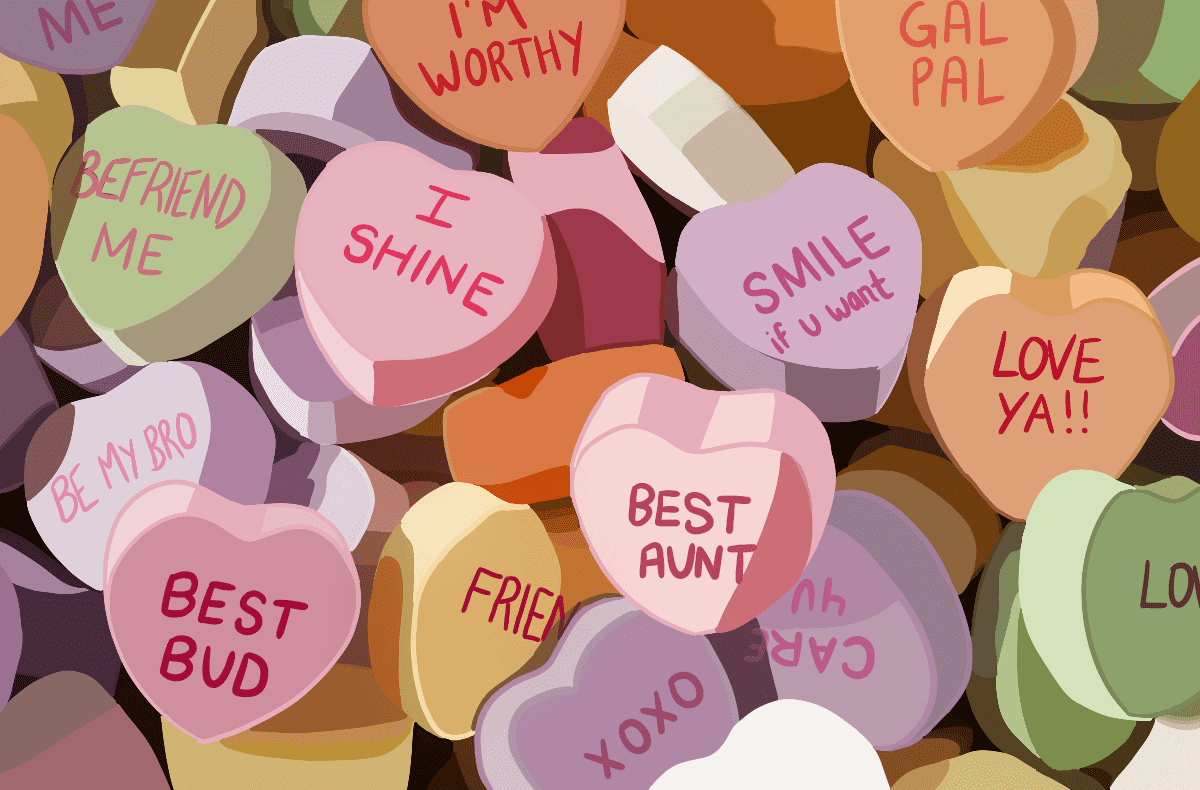
Halloween is a wonderful time of year for parents… and a nightmare. There is the yearly warning of danger-candy—back in my day, it was razor blades in apples; currently, the panic of the day is candy laced with fentanyl.
Then there are the late nights, the fear of Halloween decorations that are WAY TOO SCARY—my personal opinion, save that for your adult-only party, not for the poor five-year-olds in your front yard—and the sugar rushes. Not to mention having to be a costume designer/shopper for whatever random and often obscure costume your child wants to wear—and then possibly change their mind about at the last minute.
This year, my daughter wants to be Agnes from Despicable Me, and has informed my wife and me that we will dress as her minions. I’m not saying this is just typecasting… but it’s not not typecasting.
My friends’ kids have ranged from wanting to be Star Wars characters to “a carrot” (yes, really). And while the biggest challenges those costumes face are creativity—should the carrot have green hair?—it brings to mind a conversation that inevitably comes up in conversation at least once a year, especially for white parents—and if it doesn’t, it at least should be on the mind of most white parents: costumes, cultural appropriation, and how to avoid it.
We all have seen terrible racist costumes that later come back to haunt politicians or that go viral when someone shows themselves to be truly awful. For parents—again, in particular, white parents—who want to be mindful of not doing something awful while their kid loves, for example, Black Panther or Mulan, it can be a good time for a reminder about ways to have a fun Halloween without appropriation. (Disclosure: I’m not an expert and am always open to being educated further, but these are the rules of thumb I have for my own household. It’s mostly based on common sense and a lot of listening to what others from different races and cultures have to say when this topic comes up.)
First, this one should be common knowledge for most people, but somehow there is always someone who either doesn’t get the memo or doesn’t care: Dressing as a culture or ethnicity is not appropriate. EVER. Don’t do it. Don’t dress your kids as a PERSON-OF-THIS-ETHNICITY-OR-CULTURE. We live in the age of the internet and your innocent kid doesn’t need to be haunted by your adult nonsense. People are not costumes. Cultures are not costumes. It is not appreciation. If you want to be some generic type of person for Halloween, be a zombie or a vampire. Fiction is your friend.
Now, let’s talk about specific fictional or famous characters. This is the area of nuanced conversation and some debate. If the character is not your race or culture, there are two approaches that are most recommended. One is to choose something else and use it as a chance to have an age-appropriate conversation about privilege and appropriation. These conversations are important, and before you talk about how heavy and not fun they are—the racism being faced by our children’s peers is even LESS fun, so again, it’s a privilege to have this conversation instead.
The other approach is that If your white child loves Princess Tiana, it is probably perfectly fine and lovely to put them in that beautiful green dress and a sweet tiara. You just need to be mindful of not changing skin color or using hairstyles or culturally-sensitive markers or modifications (ie. tattoos or bindis.) For example, Disney recalled their Maui from Moana costume because of its Brown skin sleeves with culturally-significant tattoos—the costume was wearing another culture’s skin in a very literal way.
In order to navigate Halloween with sensitivity, here are some questions you can ask yourself as you navigate what works best for your child’s costume selection:
Does this costume mock any cultural or religious symbols?
Does this costume appropriate a significant item from a culture or race different from my child’s?
Does this costume trivialize or mock a marginalized community? (ie. the disabled community, the unhoused population, incarcerated individuals, etc.)
After you’ve chosen a costume with your child, here are some more helpful common-sense tips:
- Don’t darken your child’s skin.
- Avoid harmful stereotypes (ie. sombreros and oversized stick-on mustaches that stereotype Mexican culture)
- Avoid culturally significant or religious markers: no Native American feathers, no bindis, no culturally-significant tattoos, no hijab, etc.
- Avoid appropriative hair styles, such as box braids, dreadlocks, Fulani braids/cornrows, turbans.
And the biggest thing to remember: if you are feeling uncertain, if you are questioning the costume or feeling uncomfortable about it in any way: don’t do it. There are a million non-problematic things your child can dress up as, so there is no reason to cause stress to yourself or others you might offend—just think about the parents out trick-or-treating who would then have to explain to their own children why they had to see that offensive thing. You don’t want to ruin anyone else’s Halloween.
So listen to your gut when you pick that costume. Then go out, eat too much candy, and keep everything fun and festive for everyone!



